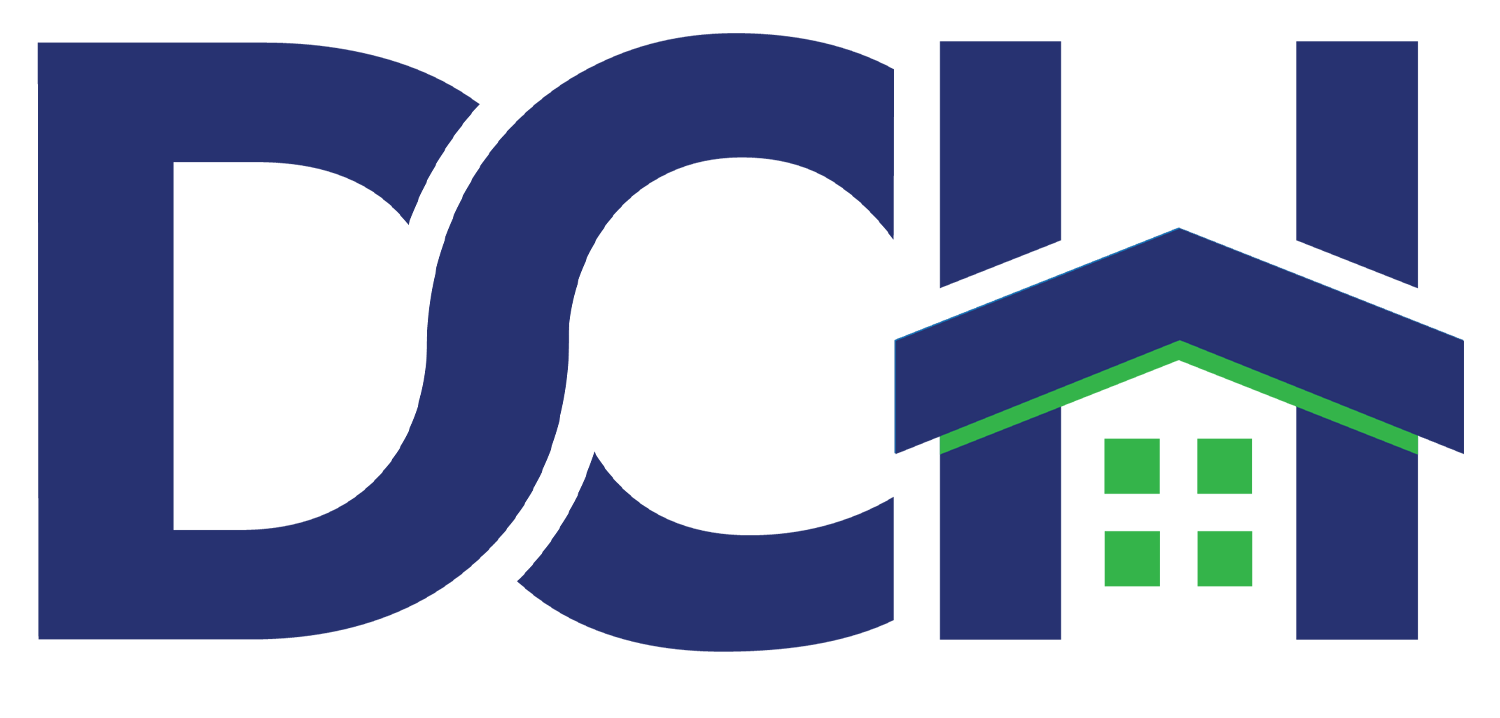Sustainable Housing Solutions for Dallas: Building Green and Reducing Environmental Footprints, on a Budget
As the population in Dallas continues to grow, the need for sustainable housing solutions becomes increasingly important. Building green and reducing environmental footprints are not only crucial for preserving our planet but also for creating healthier, more energy-efficient homes. DCH explores sustainable housing practices in Dallas and examines the strategies developers are using to build environmentally friendly and energy-efficient homes, even on a mixed-income budget. What are some of the sustainable design features, renewable energy options, and green building certifications can be incorporated to build more sustainable homes in Dallas? DCH explores.
Sustainable Design Features
Passive Design: Developers are incorporating passive design principles that maximize natural lighting and ventilation, reducing the need for artificial lighting and cooling systems. This includes designing homes with ample windows, shading devices, and orientation to optimize energy efficiency.
Energy-Efficient Appliances: Incorporating energy-efficient appliances, such as Energy Star-rated refrigerators, dishwashers, and HVAC systems, reduce energy consumption and lower utility bills for residents. Upgrading can also offer tax incentives.
Water Efficiency: Water-efficient fixtures, such as low-flow toilets and faucets, are being installed to minimize water wastage. Developers can also implement rainwater harvesting systems and native landscaping practices to reduce reliance on municipal water supplies.
Renewable Energy
Solar Power: Developers can integrate solar panels into housing plans. Dallas has no shortage of sunlight and solar power systems can generate clean energy, reduce reliance on the grid, and lower electricity costs for residents. Incentives like federal tax credits and local rebates further support the adoption of solar energy. This can be a large expense if homeowners are not planning on selling in the next five years.
Geothermal Heating and Cooling: Geothermal systems utilize the stable temperatures below the Earth's surface to provide efficient heating and cooling. Developers are exploring geothermal technologies to enhance energy efficiency and reduce carbon emissions in residential buildings
Green Building Certifications:
LEED (Leadership in Energy and Environmental Design): The LEED certification is an internationally recognized green building rating system that encourages sustainable practices in design, construction, and operation. Developers are pursuing LEED certifications to demonstrate their commitment to sustainability and provide residents with healthier, energy-efficient homes.
National Green Building Standard (NGBS): The NGBS certification focuses on residential green building practices, covering aspects like energy efficiency, water conservation, indoor air quality, and resource efficiency. Developers are incorporating NGBS standards to ensure their housing projects meet rigorous sustainability criteria.
Strategies for Building Sustainable, Affordable Housing
Collaborative Partnerships: Developers are forming partnerships with local government agencies, nonprofit organizations, and financial institutions to access funding opportunities and resources dedicated to sustainable housing initiatives. These collaborations enable mixed-income developments with a focus on sustainability.
Innovative Financing Models: Developers are exploring innovative financing models, such as low-interest loans, grants, and tax incentives, to offset the initial costs of implementing sustainable features. These financial mechanisms make sustainable housing more attainable, particularly for mixed-income projects.
Long-Term Cost Savings: Developers recognize that sustainable design features and energy-efficient technologies not only benefit the environment but also reduce operational costs over time. By emphasizing the long-term cost savings associated with sustainable housing, developers can attract investors and buyers interested in sustainable living
Sustainable housing practices are gaining traction in Dallas as developers embrace environmentally friendly design and energy-efficient solutions. By incorporating sustainable design features, harnessing renewable energy, and pursuing green building certifications like LEED and NGBS, developers are demonstrating their commitment to creating healthier, more energy-efficient homes. Collaborative partnerships and innovative financing models are enabling the construction of sustainable, affordable housing on mixed-income budgets. By prioritizing sustainable housing solutions, Dallas can reduce its environmental footprint, lower energy consumption, and improve the quality of life for residents. DCH strives towards sustainable solutions in its’ developments and we are always looking for ways to improve. Do you have creative solutions for sustainable housing in Dallas? Reach out!

